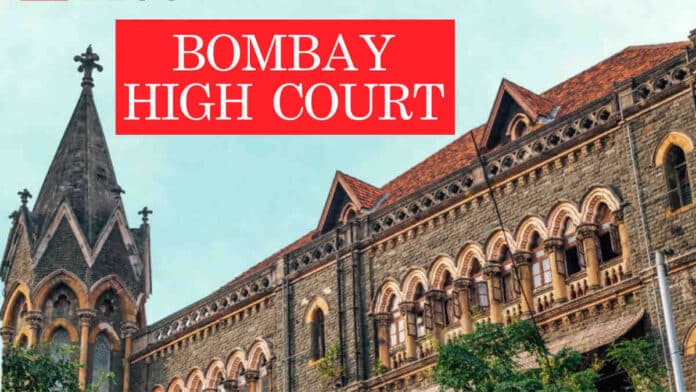The Bombay High Court has quashed a 2017 order of the Permanent Lok Adalat (PLA), which had directed a mobile user to pay ₹23,981 to Matrix Cellular (International) Services Pvt. Ltd. for alleged international roaming charges. The Court held that the PLA’s refusal to permit cross-examination of the respondent’s witness, despite specific application, violated principles
To Read More Please Subscribe to VIP Membership for Unlimited Access to All the Articles, Download Available Copies of Judgments/Order, Acess to Central/State Bare Acts, Advertisement Free Content, Access to More than 4000 Legal Drafts( Readymade Editable Formats of Suits, Petitions, Writs, Legal Notices, Divorce Petitions, 138 Notices, Bail Applications etc.) in Hindi and English.




